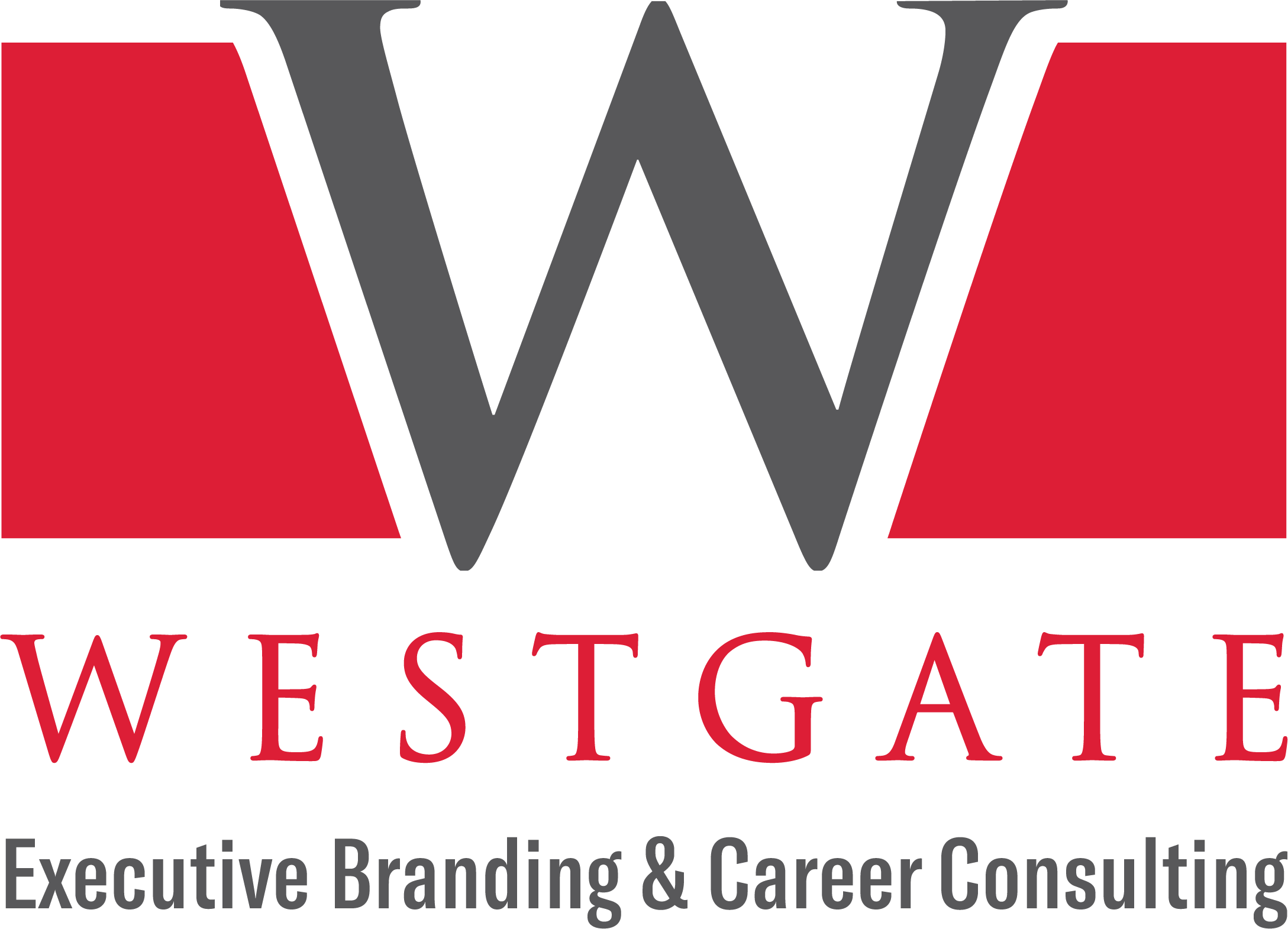Stand firm on your impeccable brand and by-pass the consulting gig trap.
Tread carefully

After a long career in your organization you are now faced—probably for the first time in your career—with a job search. In spite of a generous severance package from your former employer, panic sets in. You need a job now because you’ve never been without one and are unsure how to function without one.
You will be tempted to include something on your resume, anything, to close the gap in time between your departure from your company and the next opportunity.
Recent data presented on ExecuNet claims that the average search for an executive level job searcher is currently 11.1 months. Understand that the job search process takes time, in spite of an impeccable career record and a rebounding job market.
Many executives choose to leverage their expertise while pursuing an active job search. Consulting projects can be a smart strategy for testing the waters for new organizations. You work on a discrete project, get to know the people and produce good results for the company.
Understand the difference, however, between a real consulting engagement and a filler consulting engagement and decide carefully whether to include the engagement on your resume.
Include consulting gigs on your resume when:
- You have a verifiable roster of clients.
- You have achieved clear, quantifiable and provable results.
- You have been serious about the consulting role and have not used it simply as a resume filler.
Pitfalls of using consulting on the resume without these results.
- Corporate recruiters may perceive the use of consulting entries on the resume as a placeholder and interpret it as deceptive.
- It detracts from your targeted job search. If the corporate recruiter perceives you are not 100% focused on your job search, your influence is compromised. You may be passed over for another suitable candidate when, in fact, you could be the perfect fit for the role. You many never discover that and if you are not hearing back from companies, this may be an issue.
- It makes background checking difficult when employers cannot verify your engagement dates and their own due diligence is compromised. The more senior the executive role, the higher the risk in the hiring decision. As Harvey McKay says, “The closer you get, the harder they’ll look.”
Advice
- Be honest. Resumes are decision-making tools and are vetted by background checking companies to verify employment dates, documented achievements, education and credit checks, especially for positions of influence and decision-making.
- Companies manage the selection process very carefully and this will impact their decision to call you when a red flag pops up.
- A break in employment history is not a bad thing. Recruiters understand that—more so today than at any time in history of the labor market.
When you are competing with 249 other applicants for open opportunities today, ensure that your value proposition is clearly communicated. Don’t compromise your impeccable reputation by watering down your brand with an empty consulting statement on your resume that recruiters will identify immediately.
“Honesty and integrity are absolutely essential for success in life – all areas of life. The really good news is that anyone can develop both honesty and integrity.” Zig Ziglar
Image © andrewgenn / depositphotos

